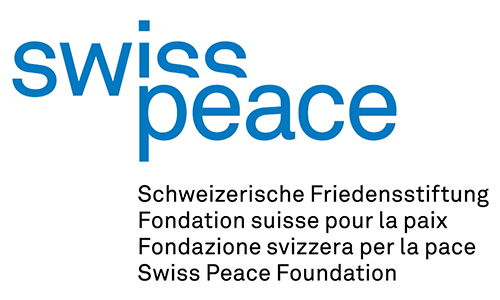Dealing with the Past & Conflict Transformation
Finding a way to deal with a violent past, such as armed conflict, an authoritarian regime or occupation, as well as the legacy of a colonial rule, is argued to be the basis for lasting peace, democracy and rule of law. International norms and legal frameworks support national and local actors involved in dealing with the past processes (also called transitional justice) in the design of mechanisms and institutions, such as truth commissions, tribunals, or memorialization efforts. This course examines the potentials and challenges in the context of such processes. Participants explore how dealing with the past processes can support the transformation of violent conflicts, comparing the experience from different contexts such as Colombia, El Salvador and Syria. Engaging with key debates in the field, participants acquire the necessary concepts and tools to apply dealing with the past approaches in their own contexts.
- acquire a thorough understanding of the conceptual framework of dealing with the past, and its four main pillars of the right to know, the right to justice, the right to reparations, and the guarantees of non-recurrence;
- learn about transformative approaches to dealing with the past;
- discuss the particular challenges and needs when dealing with the search for disappeared and missing persons;
- reflect on the role of family, victims’ and survivors’ associations and the importance of psychosocial support;
- explore “new” topics, such as Dealing with the Past in contexts with colonial legacy, as well as the fight against corruption and asset recovery in Dealing with the Past processes;
- apply your learnings in an interactive role play, and apply the main concepts and approaches to your “own” context;
- exchange experiences and become part of a community of practice.
This course is designed for:
professionals interested or engaged in Dealing with the Past processes and conflict transformation
practitioners and academics interested in complementing their own experiences with current conceptual insights and practical knowledge
Lieu
Pour vous inscrire à ce cours, veuillez cliquer sur le bouton. S’inscrire maintenant
| Thèmes | |
| Langues | English |
| Évaluation | Confirmation of Participation |
| Public cible | |
| Méthodes | |
| Accréditation | |
| Certificat |
Si vous avez des questions sur ce cours, contactez-nous.
Pour envoyer un message, veuillez cliquer sur ce bouton Entrer en contact

